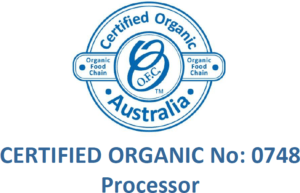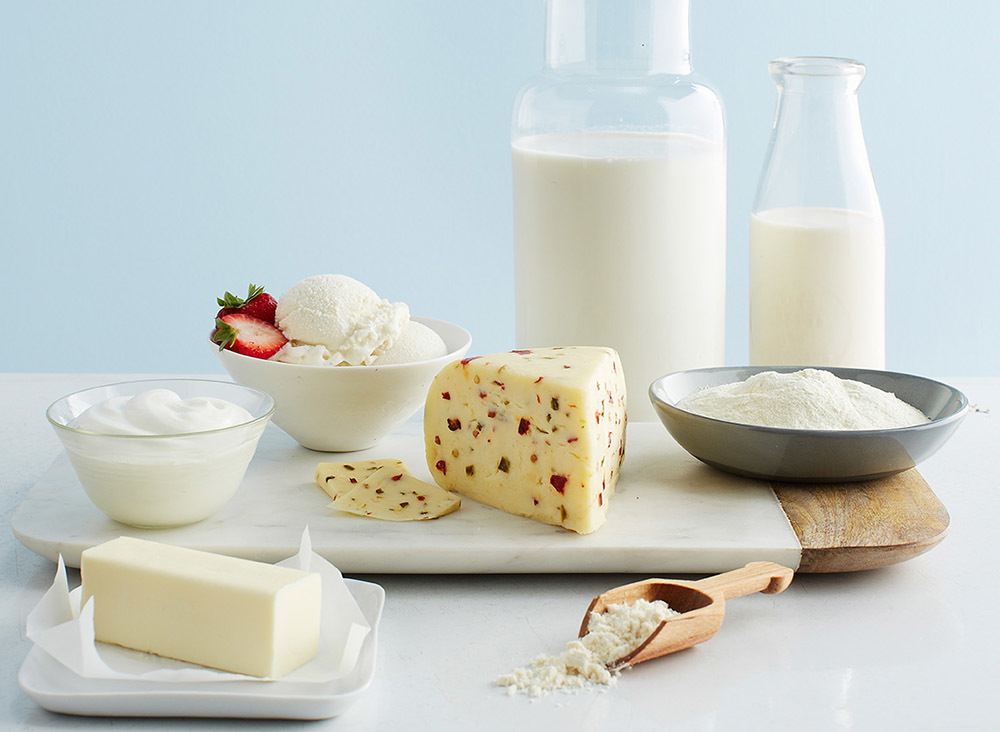The foods we eat will either feed digestive problems or feed a healthy gut, says Dr. William Cole, a functional medicine practitioner. Millions of people eating a standard Western diet suffer terribly from stomach pain, bloating, indigestion, acid reflux, GERD, constipation, diarrhoea and IBS.
An elimination diet can assist in identifying which foods are causing digestive issues by removing the most common inflammatory “trigger” foods for a period of time, then reintroducing them one by one to monitor the body’s response.
As well as healing the gut, elimination diets can also help people overcome other issues such as fatigue, cravings, sleep disturbances, headaches, mood swings, difficulty losing weight, thyroid issues, hormone imbalances and skin problems.
Although it’s called an elimination “diet”, it’s not about restricting calories, and there’s no one-size-fits-all approach.
The aim of the diet is to fuel the body with nutritious foods that aren’t likely to cause digestive issues so the gut has time to heal. The body has a “break” for around eight weeks, then potentially inflammatory foods are reintroduced one by one to see which foods your body has no problem handling and which ones you have an intolerance to.
Here are the most common food culprits that could be hurting your digestive health:
1. Grains
Grains (both gluten-free and those containing gluten) may be harmful, causing inflammation and hindering nutrient absorption in the body.
2. Alcohol
Alcohol can be a trigger for leaky gut syndrome and gut inflammation.
3. Legumes
All beans, lentils, peanuts, edamame and soy products can irritate the digestive system.
4. Dairy
Many people with gut issues can be more sensitive to casein, the main milk protein, however fermented dairy such as grass-fed kefir and yogurt is usually better tolerated and also offers beneficial bacteria for the micro biome.
5. Sugar
Sugar can encourage the growth of bad bacteria in the gut. An imbalance of bacteria can lead to negative effects on your body’s metabolism and immune responses, and can cause inflammation leading to an autoimmune-inflammatory response.
6. Nuts and Seeds
The roughage of nuts and seeds can irritate some people’s systems. Many store-bought nuts are also coated in inflammatory industrial seed oils such as soybean and canola oil.
7. Fermentable Sugars (FODMAPs)
Short-chain sugars found in some vegetables, fruits, dairy, grains and nuts are not fully digested in the gut and can be excessively fermented by your gut bacteria, leading to major IBS symptoms.
How it works
An elimination diet has five basic phases:
1. The assessment phase includes keeping and analyzing a food and symptom tracker.
2. The planning phase involves preparing yourself, your household, your kitchen, and your grocery lists for what you’re about to do.
3. The avoidance phase is when you eat according to the elimination diet, and you put a lot of your preparation and planning into action.
4. The challenge phase is when you start to reintroduce foods, one at a time, into your diet to determine whether they are safe for you.
5. The change phase is when you incorporate changes to the way you will eat for the long term, so that you can keep your symptoms at bay.
What to eat on an elimination diet
While it’s easy to summarise what NOT to eat on an elimination diet, it can be tricky figuring out what you CAN eat during the eight week period.
Dr. William Cole has a few suggestions and emphasises that you can still eat tasty food on the elimination diet.
Breakfast: Organic pasture-raised pork sausage with organic kale dressed with olive oil and sea salt, and fried sweet potatoes in grass-fed ghee (clarified butter).
Lunch: Salad of organic lettuce, organic grass-fed skirt steak, sliced avocado, cucumber, cold-pressed extra virgin olive oil and red wine vinegar. Side: Organic blueberries and raspberries.
Dinner: Wild caught scallops cooked in organic tallow, steamed rainbow carrots and organic lettuce with olive oil and vinegar.
Snack: Medjool dates wrapped in organic pasture-raised bacon.
Ready to get started?
We recommend working alongside a registered dietician for professional support and advice.
We’d love to see you in store for all your organic meat and produce.





